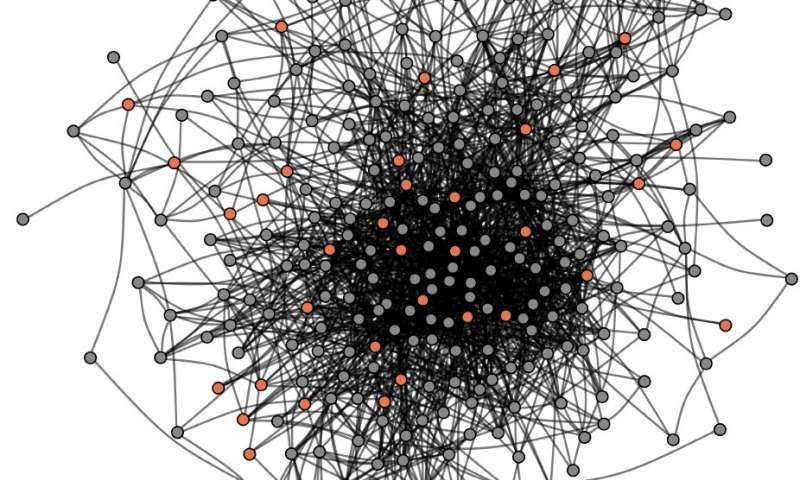In 2004, Jonathan Haidt had an experience that changed his intellectual life.
The influential moral and social psychologist - at the time an atheist and a liberal - was at the Strand, a used-book shop in New York, when the brown spine of a book called
Conservatism caught his eye. Edited by historian Jerry Z. Muller, it was an anthology of readings from David Hume to Philip Rieff.
Three pages into the book, Mr. Haidt was floored - that is, sitting on the ground of the bookstore - paging through "
all these gems of insight on the relationship between human flourishing and society," the spirited 48-year-old academic recalled over tea and chocolate in his office at New York University's Stern School of Business.
Its passages from Edmund Burke, Friedrich Hayek and Winston Churchill confirmed Mr. Haidt's empirical research about
the limits of rationalism, human nature's flaws, the necessity of social institutions and the value of the sacred. That confirmation was surprising to the man who, frustrated by the presidential election defeat of John F. Kerry in 2004, entered the field of political psychology to "help liberals win."
Before stumbling across the Muller anthology, the popular former University of Virginia psychology professor thought of conservatism as a "Frankenstein monster," he says - an ugly mishmash of Christian fundamentalism, racism and authoritarianism.



Comment: Depression is a complex issue and it won't manfiest itself the same in everyone - for example, some people find the state of the world depressing, others are more focused on the state of their own lives - but this article is interesting since it provides us with clues with some of the surrounding issues: